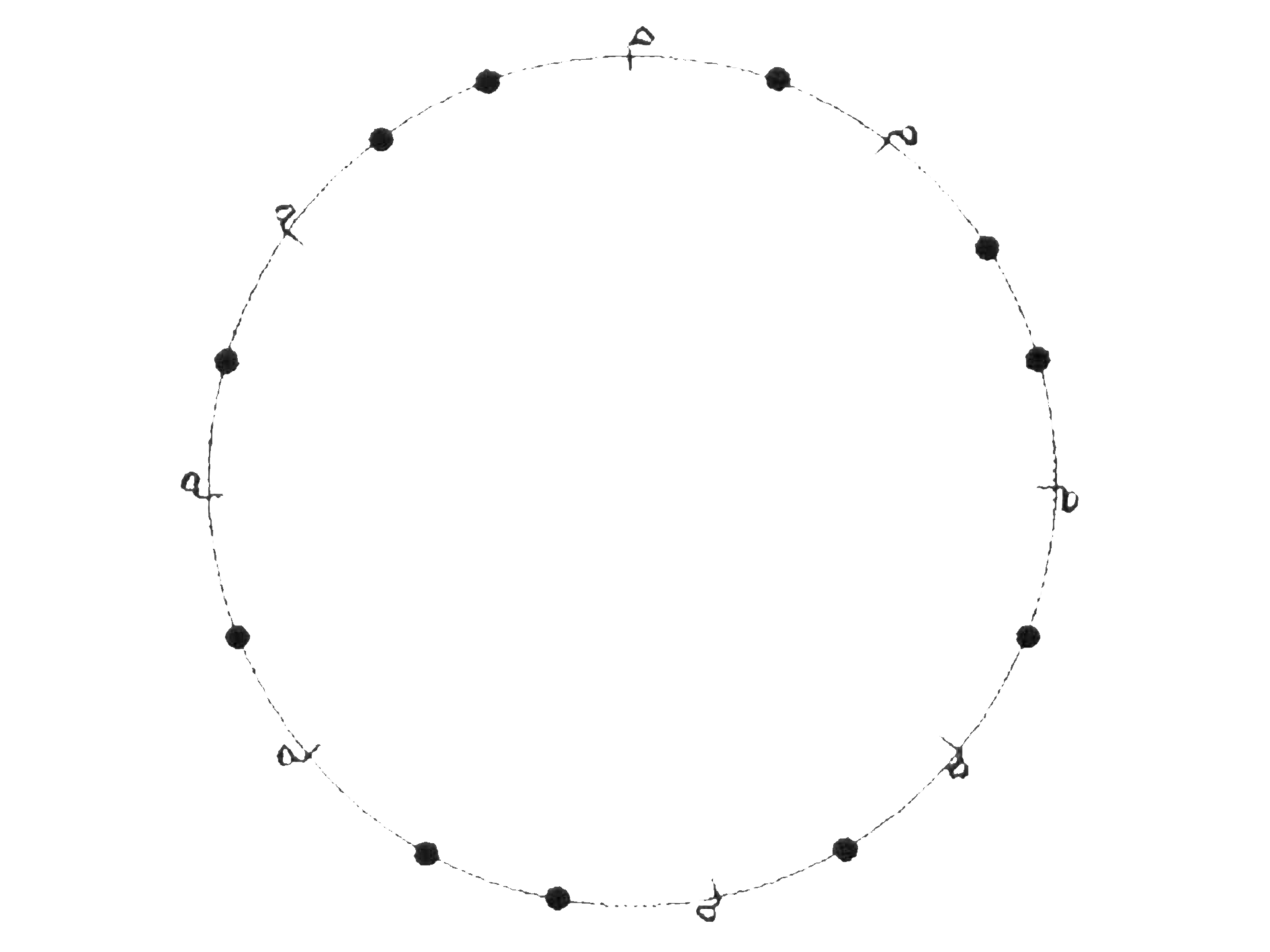




Bīmāristān (Continent of the Sick)
2024
Lecture-performance
41:00
It is but a minor detail. Of this he is certain. To write up its case would be pure fabulation—the apophenic desire of a weary sleuth or naive diagnostician. And yet, try as he may, he could not forget the memory of having forgotten: the word, its absence, had forever been etched into his symbolic canvas (what his doctors dispassionately referred to as cognition). Bīmāristān. The word echoed hollow. He repeated it slowly, savoring the breath of its vowels, prolonging the seduction of its sibilant. Bīmāristān—Continent of the sick, to which he now belonged.
MoCA—which stands for Montreal Cognitive Assessment—is a screening and diagnostic test tasked with the evaluation of memory. Considered the gold standard for the medical diagnosis of dementia internationally, it has been translated into over 40 languages. For reasons of scientific reproducibility, creative license is strictly discouraged during its translation. In its Farsi edition, the MoCA's translation remains faithful to the original English—with a single exception. Among the five predetermined words that a patient is entrusted with remembering at the beginning of the test and repeating at its end—the words being: face, velvet, church, daisy, red—one has been creatively substituted. In its Farsi edition, the MoCA does not contain the word “church,” but the Farsi word for “hospital:” bīmāristān.
First delivered at Dazibao's Session series, this lecture presents a performative case study of the bīmāristān’s apparition within the Iranian medical memory test, posing the question: how did the space of illness, by way of mistranslation, come to eclipse that of worship in the collective memory of Iranian forgetting? From this paranoid pursuit of a minor detail springs forth a tender reflection on the topological intimacies between memory, illness, and space.
